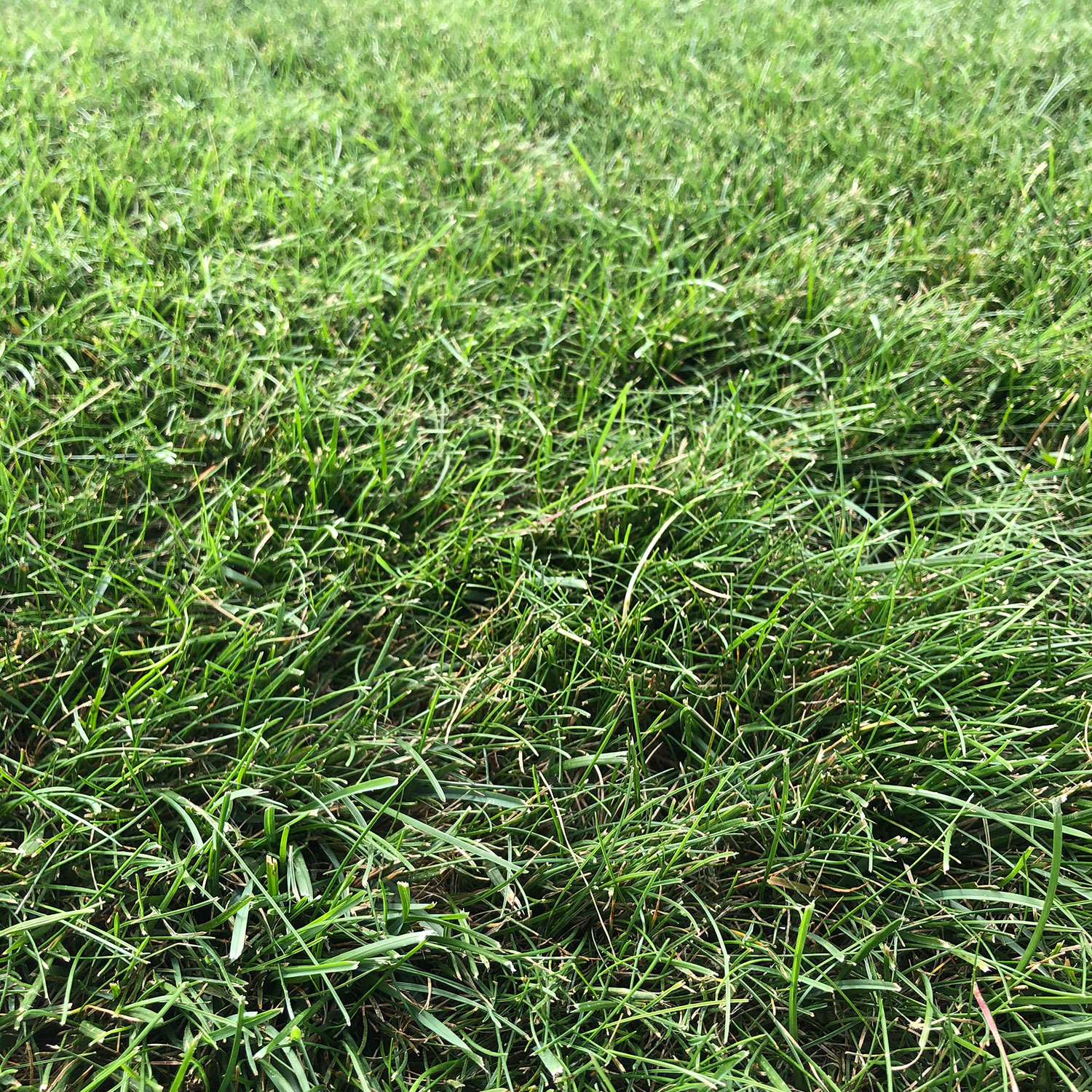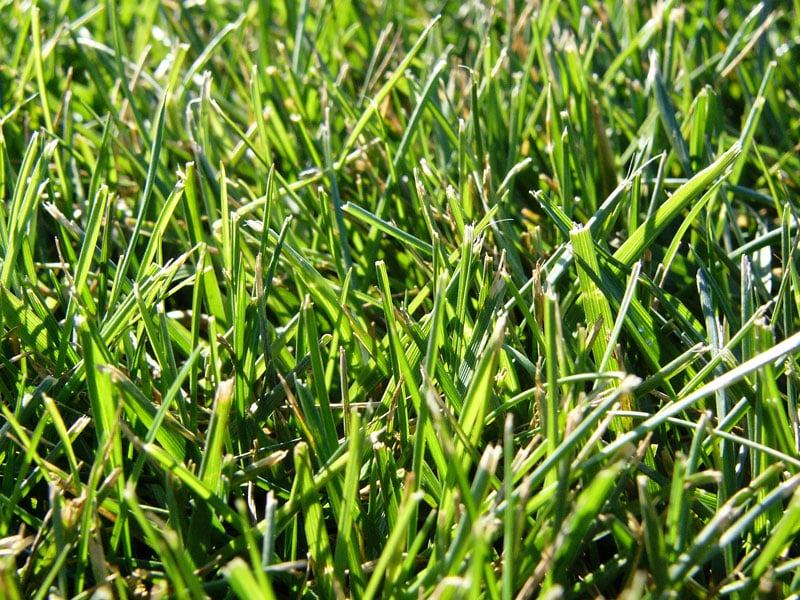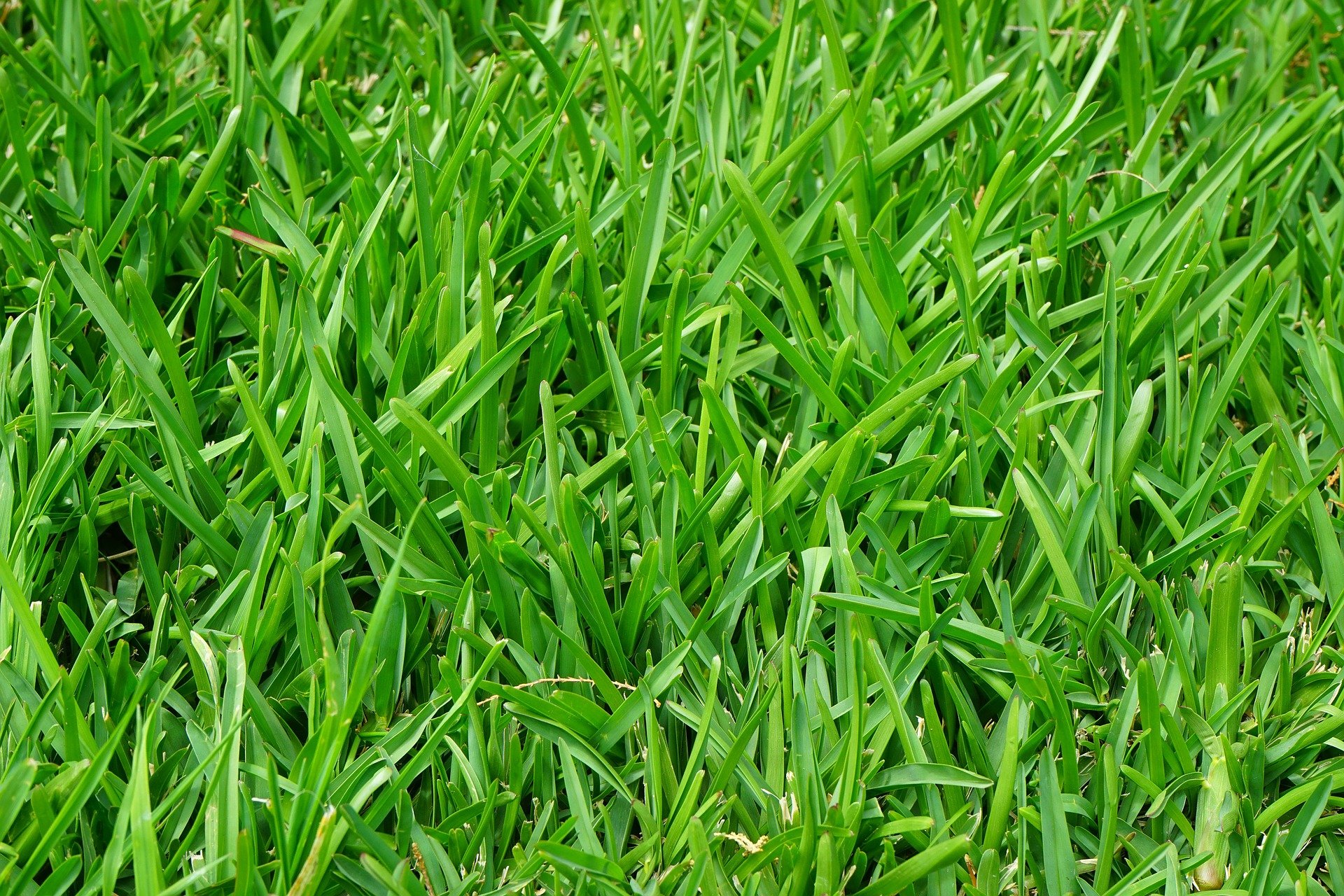
Oregon Quality Tall Fescue
Getting to Know the Fescues. Of the 450 species of grasses botanists call Fescue, only three or four are cultivated as lawn grasses. The most widely used is red fescue - Festuca rubra - which is grown mainly for its high tolerance of dry shade. Every gardener knows that if any shade is bad for lawns, dry shade is worse, and yet many gardens.

SPPIroughfescueprairie Partners in Flight
Hard fescue is a species that often gets overlooked in favour of the other main fescue species; strong creeping red , slender creeping red and Chewings. However, it does have some qualities that make it a very useful grass, specifically around its low maintenance and drought tolerance attributes.
Fescue Rough on 10 and 18 Naperville Country Club Green Department
Fescue grass grows when temperatures are between 50F and 90F. Any lower or higher, fescue grass will go dormant. When in doubt whether it's too cold or too hot to start fescue grass, test the soil temperature — soil temperatures around 65F are ideal.

Tall Fescue Database Plants
Festuca arundinacea: origin and description Tall fescue is very tolerant as its natural distribution reflects: the grass calls North Africa and Europe home, as well as regions of north-west China and the Himalayas. Like Lolium perenne, Poa pratensis, Poa trivialis and its close relative Festuca rubra, it belongs to the grass family (Poaceae).

The rough fescue grasses of Alberta Alberta Farmer Express
Rough fescue is a densely tufted bunchgrass. Three varieties grow in Canada: Plains rough fescue, foothills rough fescue and northern rough fescue. What

Fescue, Rough Bruce Seed Farm, Inc.
Coarse-looking grass often bluish-green in colour, with white ligules; Dull green or greyish-green leaf blade which is rough, broad and sharply pointed; Folded-in flattened shoot; Strongly keeled; Flower head is one-sided, usually as a triangular cluster; Spikelets are small, flattened and condensed into oval-shaped clusters

Fine Fescue SODCO
Dwarf ryegrass is also known as Turf Ryegrass, or Lolium perenne. It's a strain of perennial rygrass specifically bred for a shorter growth period and its ability to produce more tillers (the stem of the grass shoots), resulting in a thicker lawn. You may recognise this species by the purple or reddish colouration at the base of the plant.

Cool Season Grass Weeds Poa Annua Rough Fescue Quackgrass Brome
Rough fescues are perennial bunch grasses (growing in dense tufts) with stiff, narrow leaves (<4mm wide) that are rough to the touch, and with purplish sheaths at the base of the leaves which persist from year to year even though the leaf blades may fall off. Flowering stems are from 30 cm to 150 cm tall.
/cdn.vox-cdn.com/uploads/chorus_image/image/67313712/AdobeStock_297332199.0.0.jpg)
Fescue Grass 101 What It Is and How to Grow It This Old House
The richness of rough fescue, a nutritious perennial bunchgrass, remains the source of extended grazing into late fall and early winter for many ranches. Fescue's existence became the lifeblood of many foothills ranching operations. Fescue, by nature, is much more than a simple bunch grass.

Cool Season Grass Weeds Poa Annua Rough Fescue Quackgrass Brome
Festuca altaica, also known as the altai fescue, or the northern rough fescue, is a perennial bunchgrass with a wide native distribution in the Arctic, from central Asia to eastern North America.It was first described in 1829 by Carl Bernhard von Trinius. It is under the synonym F. scabrella, the rough fescue.
/tall-fescue-grass-4125525-hero-abd2a1cedf624c99965231268e323fff.jpg)
How to Grow and Care for Tall Fescue Grass
Description General: Grass family (Poaceae). Rough fescue is a native, perennial, cool-season bunchgrass. Individual rough fescue plants often form large-diameter bunches averaging 12 - 14 inches in diameter, sometimes as large as 2 feet.

Grass Types Tall Fescue NutriLawn
Quality Products to Suit Your Weed Control & Ground Care Needs. Shop Online Now! Fertilisers, Pesticides, Weed Killers, Moss Control Solutions & More. Competitive Prices.

Cool Season Grass Weeds Poa Annua Rough Fescue Quackgrass Brome
Tall fescue is found throughout the UK, it has similar features to meadow fescue, however it is distinguished by being taller, and coarser, with a rough upper leaf and margins. The well developed root system means it is tolerant of drought, damp and frost, which has created interest among plant breeders, looking to cross highly productive ryegrass and resilient fescue species as festuloliums.

Fescue Grass
General Description Perennial bunchgrass. Stems 60-100 cm. Leaves: blades 1-2 mm wide, inrolled to partially flattened, distinctly scabrous; old leaf sheaths persistent in tuft. Inflorescence a narrow panicle 5-15 cm long. Spikelets 8-12 mm long, with 4 to 6 florets. Lemmas awnless or awn-tipped (Lavin in Lesica et al. 2012.
:max_bytes(150000):strip_icc()/tall-fescue-grass-4125525-03-071ab513079147228a5d243251150515.jpg)
Tall Fescue Grass Care and Growing Guide
Fescue grass ( Festuca spp.) is a cool-season perennial grass found in the Pacific Northwest and southern states. It is naturally found in damp pastures or wet meadowlands. There are over 300 species of grasses; the most popular and attractive types are "fine" and "tall."

When Should You Overseed a Fescue Lawn? Charlestown Landscaping
Fescue is a perennial grass that's known for being climate-tolerant and a popular choice among northern homeowners. Read our guide to learn what you can expect when you grow a fescue lawn. By Stephanie Koncewicz 12/26/2023 Fescue is known as cool-season grass with heat, cold, and drought tolerance.